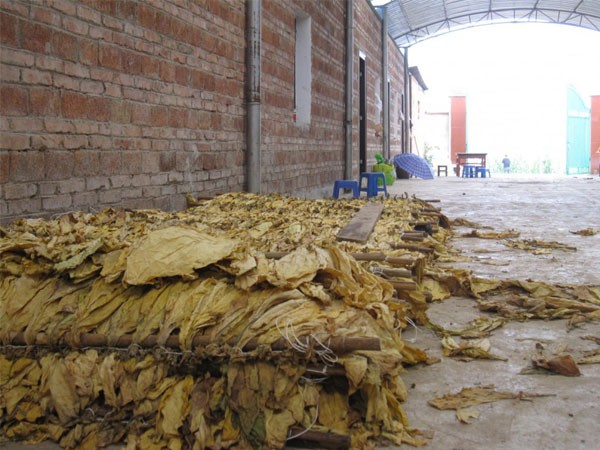China has decided to relinquish price control on 24 commodities and services, the National Development and Reform Commission (NDRC) announced on its website on Jan. 4, Sunday.
China's top economic planning agency said that businesses will be able to decide now how much to pay for tobacco leaves, the last agricultural product to be freed from government price control. However, the agency clarified that a minimum price will be imposed to protect farmers.
This entails that the price of tobacco--160 types of leaves in total--will be determined by supply and demand.
Since 1978, China has been liberating the prices of farm produce, and in line with the continuing economic reform, the country has also be freed the prices of railway bulk cargo, parcels, privately funded cargo and passenger transport in the future.
Zhunchi Railway, a short private railway in north China, is the first railway to have its freight prices out of government dictate.
According to Sun Zhang, a Tongji University professor, the government's prices on railway passenger and cargo prices that do not adapt to price increases in road and water transports have impeded the development of the country's railways.
Despite the lifting of control on prices of commodities and services, the government will keep its regulatory role, ensuring that minimum prices are maintained and subsidies to some products are provided.
NDRC said that prices of passenger transport of some airlines and domestic air cargo will be freed next.
The government's new price policy will stimulate the market, said Wu Tongshui, deputy director of China Air Transport Association. Wu added that private investments are likely to increase with the removed controls.
Also lined up for price control removal are port-related fees for container loading, water supply and ship waste treatment as well as factory prices for civil-use explosives.



























